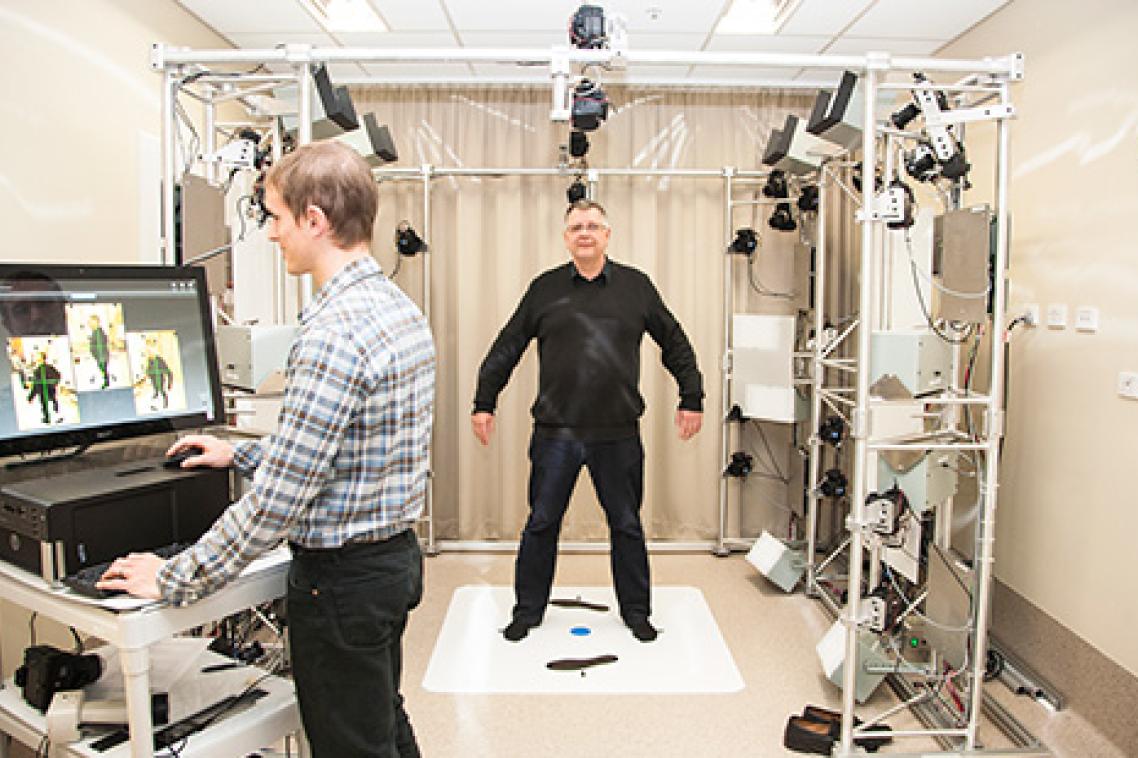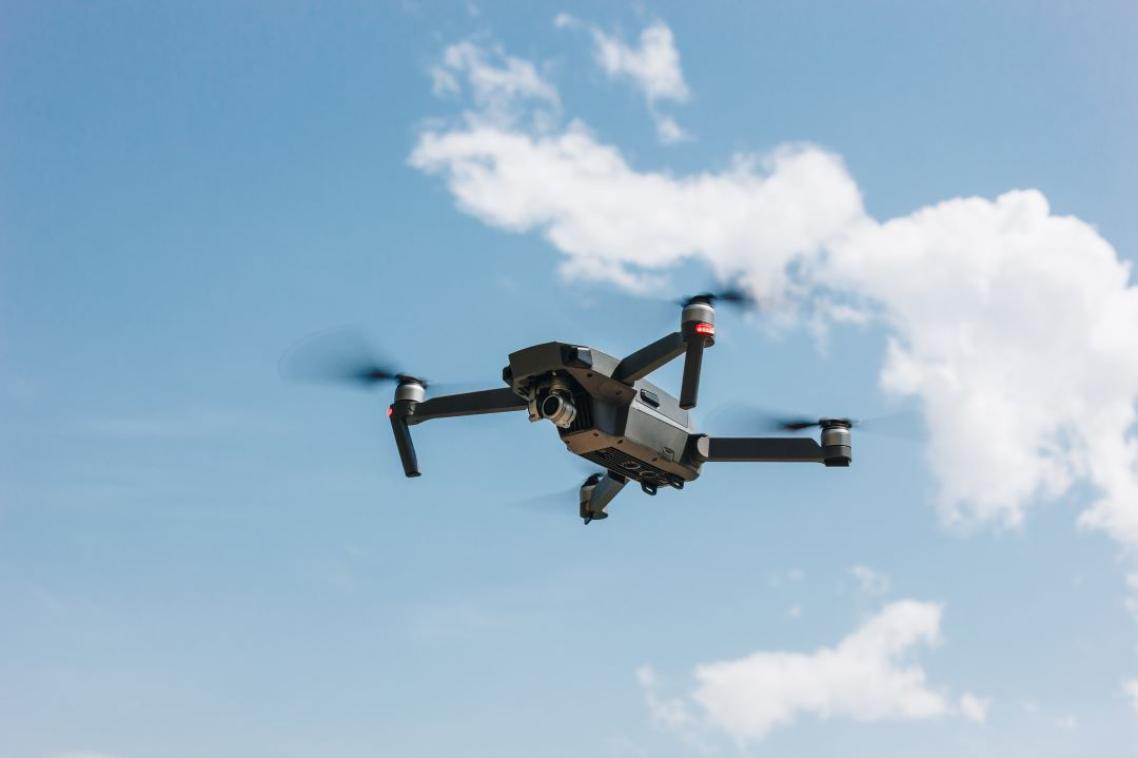3D avatar revolutionises skin cancer diagnosis

University of Queensland researchers now have access to technology that is set to be a game changer in the fight against skin cancer.
Director of UQ’s Dermatology Research Centre Professor H. Peter Soyer said the VECTRA Whole Body 360 technology made an avatar of a patient that would revolutionise the way skin cancers and conditions were mapped, monitored and diagnosed.
“The primary use of the total body photography system is tracking changes in skin lesions which are a tell-tale sign of a developing melanoma,” Professor Soyer said.
“It can also be used to measure body dimensions and track these over time.”
The prototype, funded by the Private Practice Trust Fund, is the first of its kind outside New York, where there are two at the Memorial Sloan Kettering Cancer Center.
To make a 3D avatar, a patient stands within a scaffold supporting 46 cameras, each of which takes an image at the same time.
A computer program stitches the images together to produce a 3D model that replicates the skin’s surface in fine detail.
A separate camera can be used to make dermoscopic images of individual lesions, linked to their location on the 3D model.
UQ Dermatology Research Centre research assistant Mr Glen Wimberley said the response from study participants had been positive.
“Patients really like the system,” Mr Wimberley said.
“They are fascinated by the technology and can see the potential benefits.”
The VECTRA Whole Body 360 technology is in the Clinical Research Facility of the Translational Research Institute at the Princess Alexandra Hospital.
Media: UQ School of Medicine Marketing and Communications Manager Brian Mallon, +61 7 3365 5254, b.mallon@uq.edu.au
Topics
Related articles

Should you consent to your doctor using an AI scribe? Here’s what you should know.

How a drone delivering medicine might just save your life
Media contact
UQ Communications
communications@uq.edu.au
+61 429 056 139

